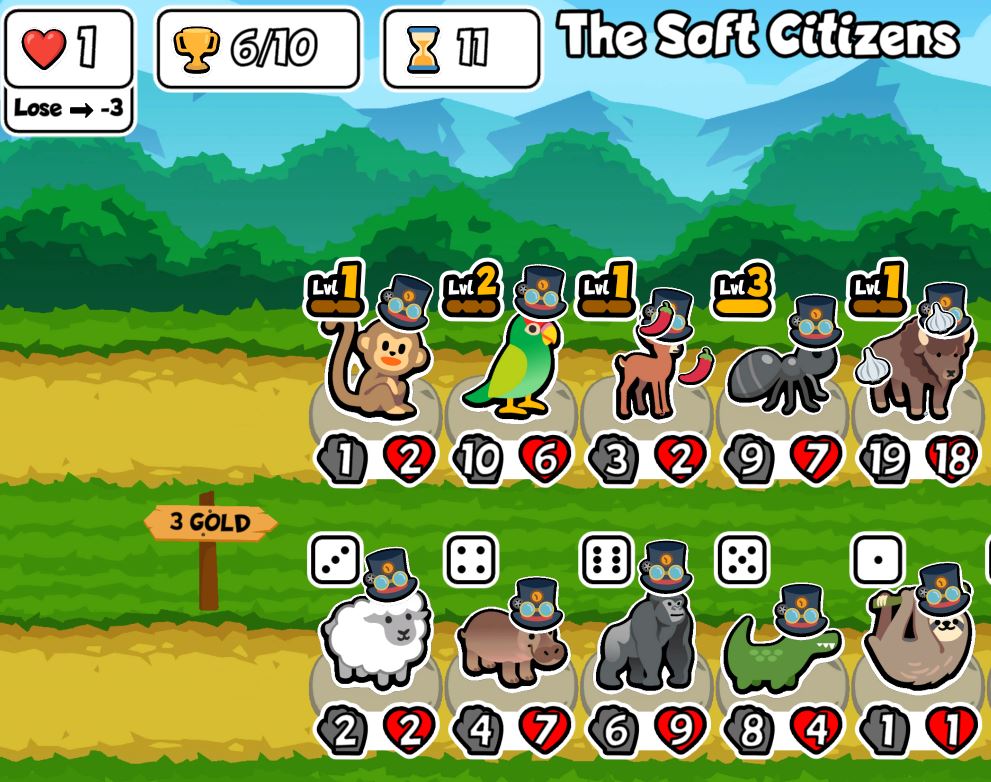

A child could spend hundreds of dollars a day on in-game features such as arming their character with a flaming sword or a new magic spell to defeat an enemy – even if they didn’t realize it until the credit card bill arrived. Facebook employees referred to these children as “whales” – a term borrowed from the casino industry to describe profligate spenders.

When parents found out how much their children had spent – one 15-year-old racked up $6,500 in charges in about two weeks playing games on Facebook – the company denied requests for refunds. Their own reports showed underage users did not realize their parents’ credit cards were connected to their Facebook accounts and they were spending real money in the games, according to the unsealed documents.įor years, the company ignored warnings from its own employees that it was bamboozling children.Ī team of Facebook employees even developed a method that would have reduced the problem of children being hoodwinked into spending money, but the company did not implement it, and instead told game developers that the social media giant was focused on maximizing revenues. Sometimes the children did not even know they were spending money, according to another internal Facebook report.

The more than 135 pages of unsealed documents, which include internal Facebook memos, secret strategies and employee emails, paint a troubling picture of how the social media giant conducted business.įacebook encouraged game developers to let children spend money without their parents’ permission – something the social media giant called “ friendly fraud” – in an effort to maximize revenues, according to a document detailing the company’s game strategy. The records are part of a class-action lawsuit focused on how Facebook targeted children in an effort to expand revenue for online games, such as Angry Birds, PetVille and Ninja Saga. Sign up for our newsletter to get our investigations and reporters’ insights delivered straight to your inbox.įacebook orchestrated a multiyear effort that duped children and their parents out of money, in some cases hundreds or even thousands of dollars, and then often refused to give the money back, according to court documents unsealed tonight in response to a Reveal legal action.


 0 kommentar(er)
0 kommentar(er)
